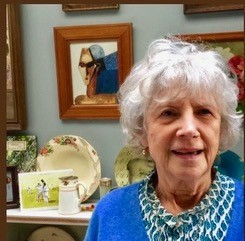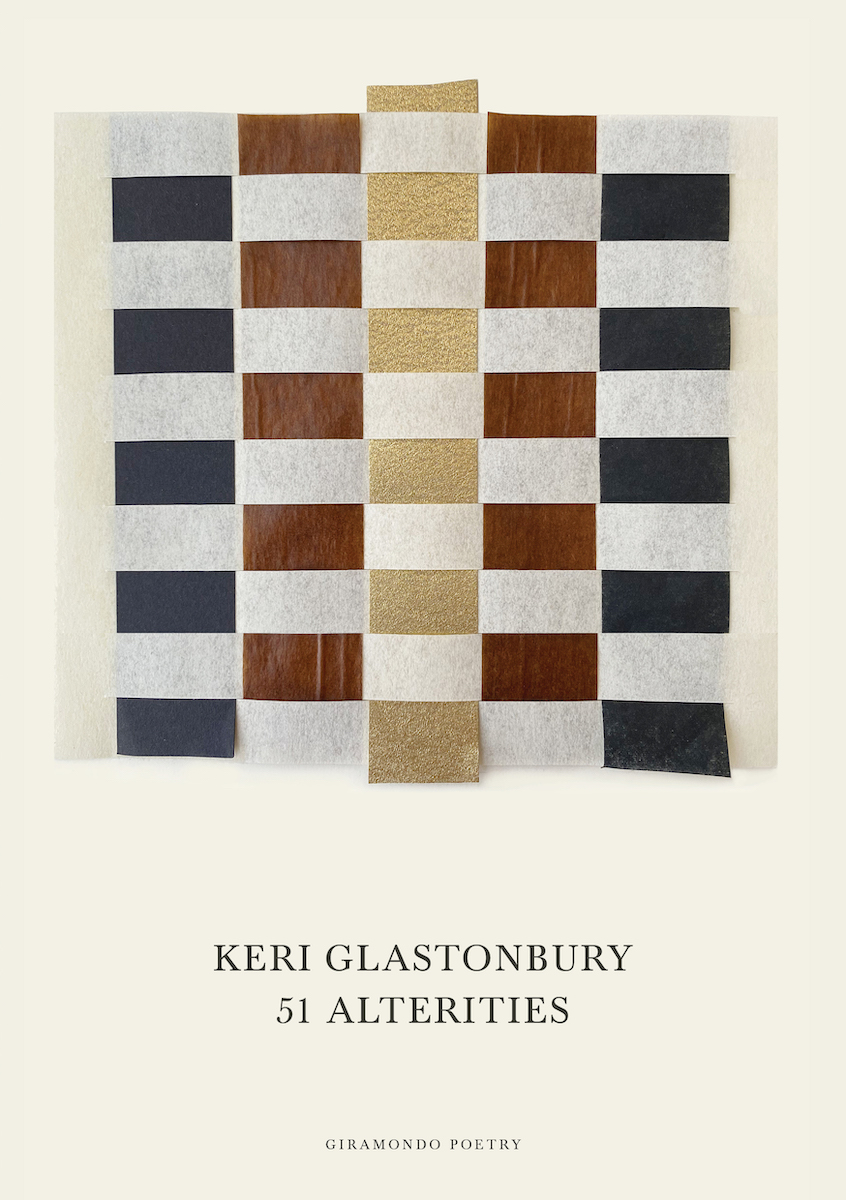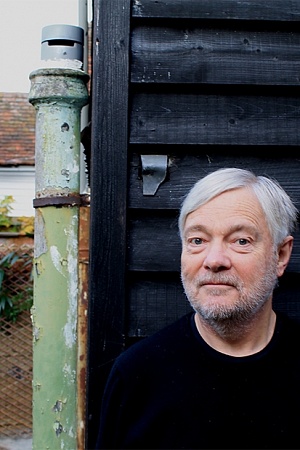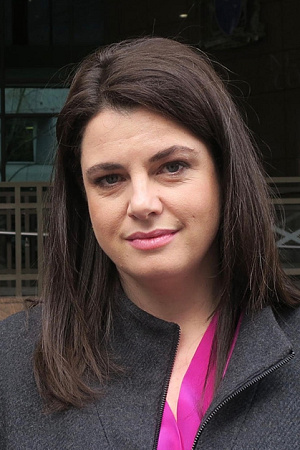Publisher of the Month
Carmen Callil is Publisher of the Month
 What was your pathway to publishing?
What was your pathway to publishing?
I put an advertisement in the London Times newspaper in 1964 or thereabouts, which stated ‘Australian BA, typing, wants job in publishing’. I got three offers and accepted one, which was being a menial for a sponsored book editor at Hutchinson’s. But my real pathway was my mother and father, both great readers; I grew up surrounded by books.
Do you edit the books you commission?
Sometimes, but as time went by I had editors who worked with me. I did the first read, made notes, and the final editorial
Continue reading for only $10 per month. Subscribe and gain full access to Australian Book Review. Already a subscriber? Sign in. If you need assistance, feel free to contact us.










Leave a comment
If you are an ABR subscriber, you will need to sign in to post a comment.
If you have forgotten your sign in details, or if you receive an error message when trying to submit your comment, please email your comment (and the name of the article to which it relates) to ABR Comments. We will review your comment and, subject to approval, we will post it under your name.
Please note that all comments must be approved by ABR and comply with our Terms & Conditions.